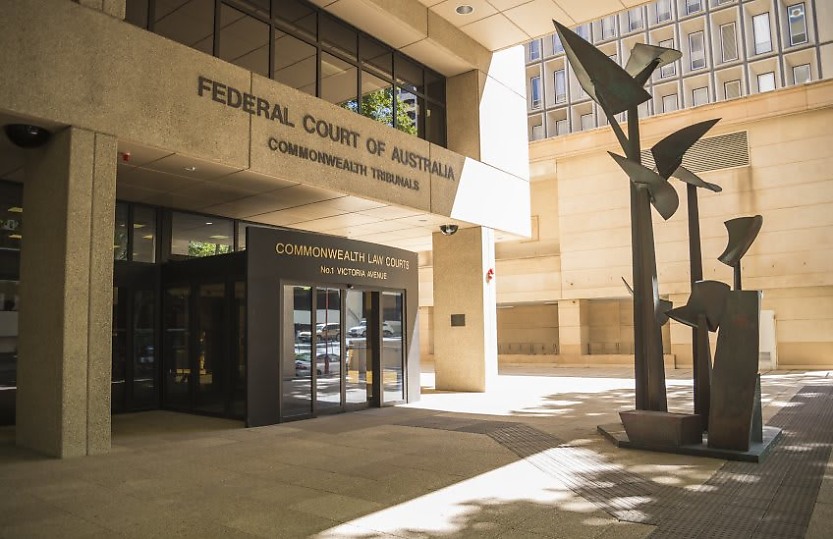Court quashes AAT residency ruling ‘infected by errors’

The Federal Court has ruled that the tribunal conflated two different legal tests in concluding a Dubai worker was an Australian resident for tax purposes.
The Federal Court has sided with a Dubai worker who argued the ATO incorrectly classed them as an Australian resident for tax purposes, quashing an earlier tribunal ruling “infected by errors of law”.
In a recent judgment, Justice John Logan found the AAT conflated tax concepts relating to determining domicile with residency according to the ordinary concepts test.
“The tribunal’s reasons are infected by errors of law,” he said.
“The tribunal has erroneously incorporated a reference to intention for the purpose of determining a person's domicile … the error was not a passing one.”
In February, the AAT found mechanical engineer Trong Quy was a resident for tax purposes and affirmed the ATO’s tax assessments as “not excessive or otherwise incorrect”.
Quy had come to Australia in the 1970s from Vietnam and became a citizen in 1978. He worked for Sydney company CBI Construction since 1986 and was deployed to Dubai in 2015.
Despite spending the majority of each tax year in Dubai, Quy had a family home in Beldon, Western Australia, where his wife and daughters primarily resided.
The tax dispute arose over $524,943.29 in pay-as-you-go (PAYG) CBI withheld for the tax years 2016 to 2020, treating him as an Australian resident.
While Quy did not have any tax debts, he argued the PAYG sum should be refunded as he was not an Australian resident, did not have an Australian domicile and had a permanent place of abode outside Australia.
A person is considered a tax resident if they pass one of four tests: the ordinary concepts test, the domicile test, the 183-day test or the Commonwealth superannuation fund test under section 6(1)(a) of the Income Tax Assessment Act 1936.
The AAT, applying the ordinary concepts test, said whether Quy was a resident depended on whether he intended to remain in Dubai "permanently or indefinitely".
Quy on appeal to the Federal Court argued that such intention was more appropriate for the domicile test and that the correct approach should have focused on whether he treated Dubai as his home "for the time being."
Quy also argued that the AAT then misapplied the domicile test, considering whether he had proved his intention to remain in Dubai when it was “not necessary for a taxpayer to prove” to establish their permanent place of abode.
The AAT also considered whether he had definitely abandoned Australia when the relevant question was whether he had definitely abandoned residence in Australia, he said.
Justice Logan agreed, finding “the errors of law in relation to the conclusion reached as to ordinary residence are those identified in the related grounds of appeal”.
The AAT’s error influenced its entire approach to assessing Quy's residency status, Justice Logan said.
Additionally, he said the AAT’s reasons when applying the domicile test “exhibit a misunderstanding of the meaning of the word ‘permanent’ in the phrase ‘permanent place of abode’”.
“The consequence then is that both as to that test as well as ordinary residents and for reasons which are succinctly given in the grounds of appeal, as expanded upon by me, this appeal must succeed,” Justice Logan said.
Justice Logan ordered the AAT’s decision to be quashed and for the matter to be remitted back to the tribunal. The AAT was also ordered to pay Quy’s legal costs.
About the author

